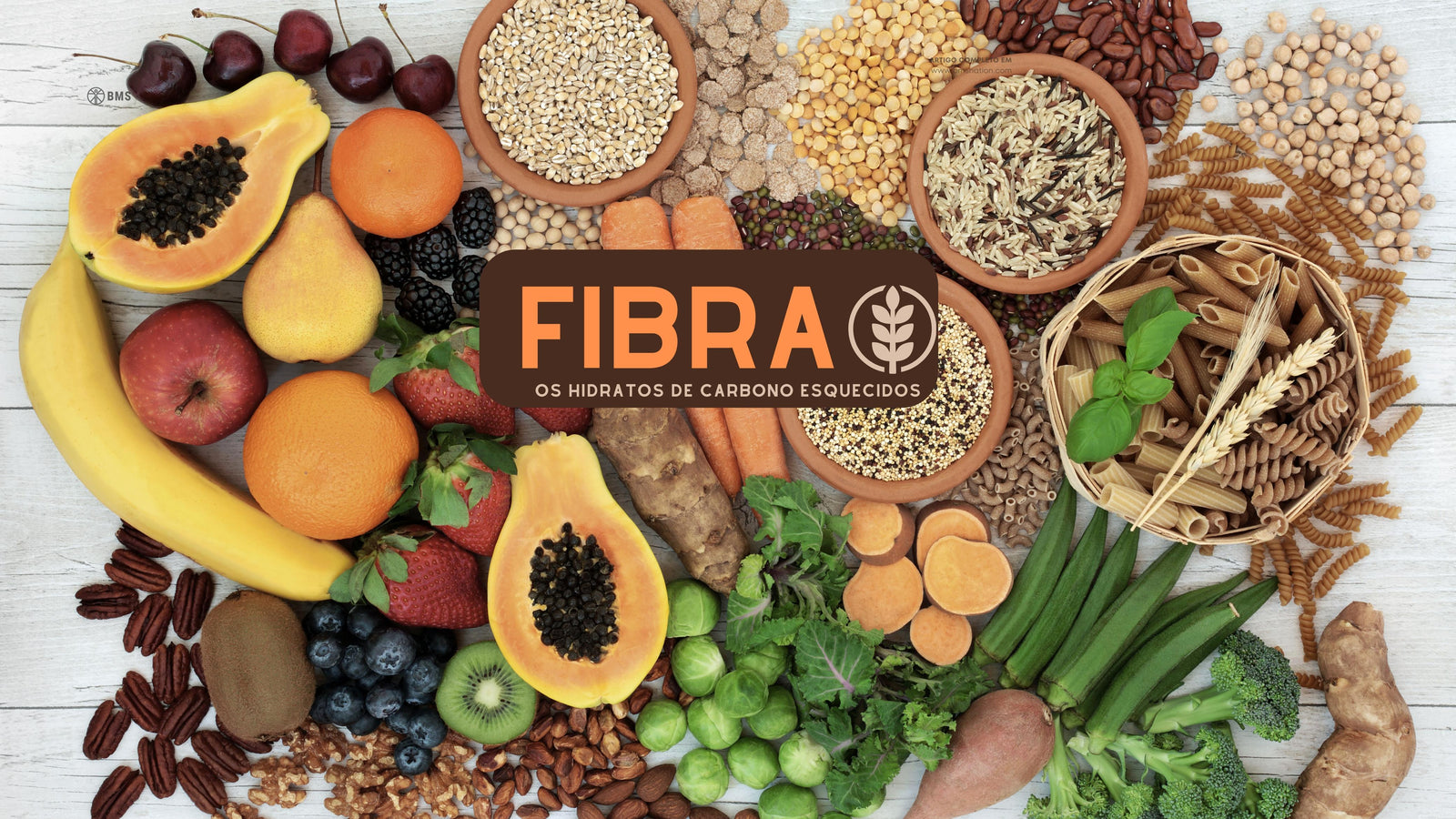When it comes to sports nutrition, carbohydrates are one of the first nutrients to come to mind — pasta, rice, potatoes, energy drinks. But what about fiber? Despite being an essential type of carbohydrate for health, it is often overlooked in recommendations for athletes.
What is fiber and why is it important?
Fiber is a type of carbohydrate that is not digested by our body. However, this does not mean that it does not have fundamental functions. Quite the opposite!
Fiber feeds the beneficial bacteria in the gut, regulates intestinal transit, supports the immune system, reduces inflammation and can even contribute to sports performance, promoting better digestive health and preventing gastrointestinal discomfort.
Athletes and fiber: a delicate relationship
Many athletes reduce their fiber intake before training or competitions in order to avoid discomfort during physical exertion — which, in specific contexts, makes sense. However, this should not be an ongoing practice.
In the long term, a diet low in fiber can impair the diversity of the intestinal microbiota, increase the permeability of the intestine (so-called “leaky gut”) and negatively affect the immune system and muscle recovery.
How much fiber is enough?
The recommendations for the general population point to 25 g of fiber per day for women and 38 g for men . However, studies indicate that many athletes do not even reach 20 g per day. The solution is to gradually increase consumption — with foods such as oats, fruits with skin, vegetables, seeds and whole grains — to allow the body to adapt without discomfort.
Beta-glucans: a fiber with superpowers
Among the various types of fiber, beta-glucans (found in oats and barley) stand out for their benefits. Consuming around 2 g per day can improve strength, increase endurance, reduce post-exercise inflammation and strengthen the immune system . A true ally in recovery and training consistency!
Personalization is essential
Everyone reacts differently to fiber intake. Some people may experience bloating or discomfort with certain types of fermentable fiber. Therefore, any dietary strategy should consider biological individuality and the timing of the sports season.
Rui Lopes
BMS Nutritionists
Mancin, Laura, et al. “Fibre: The Forgotten Carbohydrate in Sports Nutrition Recommendations.” Sports Medicine, 8 Jan. 2025, https://doi.org/10.1007/s40279-024-02167-1. Accessed 10 Apr. 2025.
Fiber: The Forgotten Carbohydrate

Body Mind Soul |
